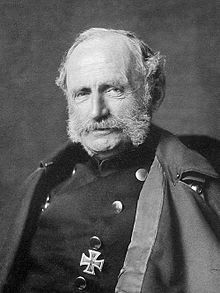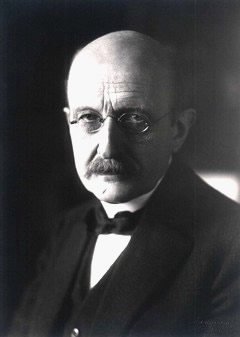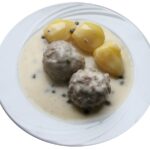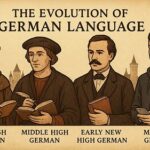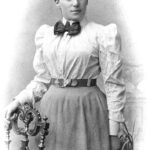April 23, 1500
Birth of Johannes Stumpf in Bruchsal, Germany. Stumpf was one of the leading Swiss chroniclers of his age. His Gemeiner loblicher Eydgnoschafft Stetten, Landen und Völckeren chronikwirdiger Thaaten Beschreybung of 1547 to 1548 gives detailed information on that period in Switzerland.
April 23, 1708
Birth of Friedrich von Hagedorn in Hamburg, Germany. Hagedorn was an Anacreontic poet. His collections of Poems include Versuch in poetischen Fabeln und Erzählungen (1738) and Oden und Lieder (3 vols. 1742-1752).
April 23, 1796
Death of Theodor Gottlieb von Hippel in Königsberg, Germany (now in Russia). Hippel was the mayor of Königsberg and a novelist. Among his works are Lebensläufe nach aufsteigender Linie (1781) and Über die Ehe (1774). Hippel was devoted to the ideas of Immanuel Kant.
April 23, 1828
Birth of Albert of Saxony in Dresden, Germany. Albert was the king of Saxony from 1873-1902. He was trained and experienced as an army officer when he came to power and continued to take an active role in military affairs. He was actively involved in the war with the Danes, the Seven Weeks’ War and the Franco-Prussian war.
April 23, 1858
Birth of Max Planck (1858-1947) in Kiel, Germany. Planck was a German theoretical physicist who originated quantum theory, which won him the Nobel Prize in Physics in 1918.
Planck made many contributions to theoretical physics, but his fame rests primarily on his role as originator of the quantum theory. This theory revolutionized human understanding of atomic and subatomic processes, just as Albert Einstein’s theory of relativity revolutionized the understanding of space and time. Together they constitute the fundamental theories of 20th-century physics. Both have led humanity to revise some of its most cherished philosophical beliefs, and have brought about industrial and military applications that affect many aspects of modern life.
April 23, 1907
Birth of Fritz Wotruba in Vienna, Austria. Wotruba was a minimalist abstract sculptor working in Vienna.
April 23, 1990
In an election in Karl-Marx-Stadt over 75% of the voters vote to change the name of the city back to Chemnitz. The name had been changed on May 5, 1953 in honor of the 135th birthday of Karl Marx.
Back to Today in German History Calendar
